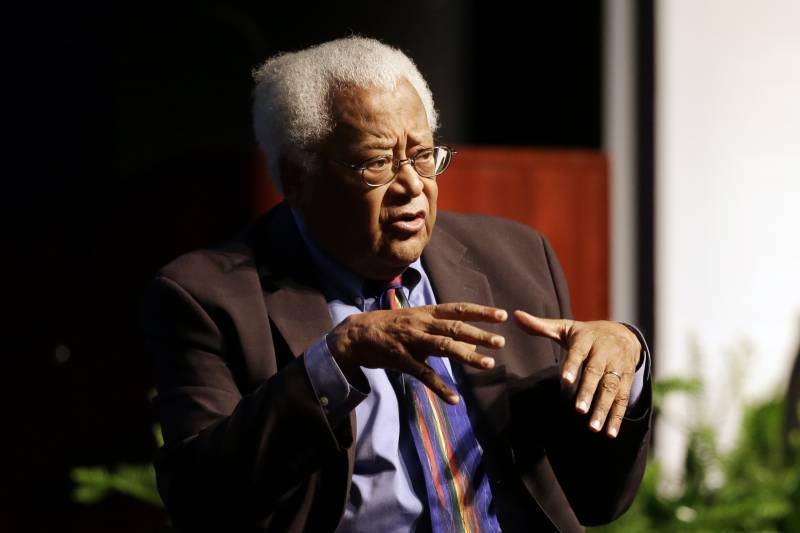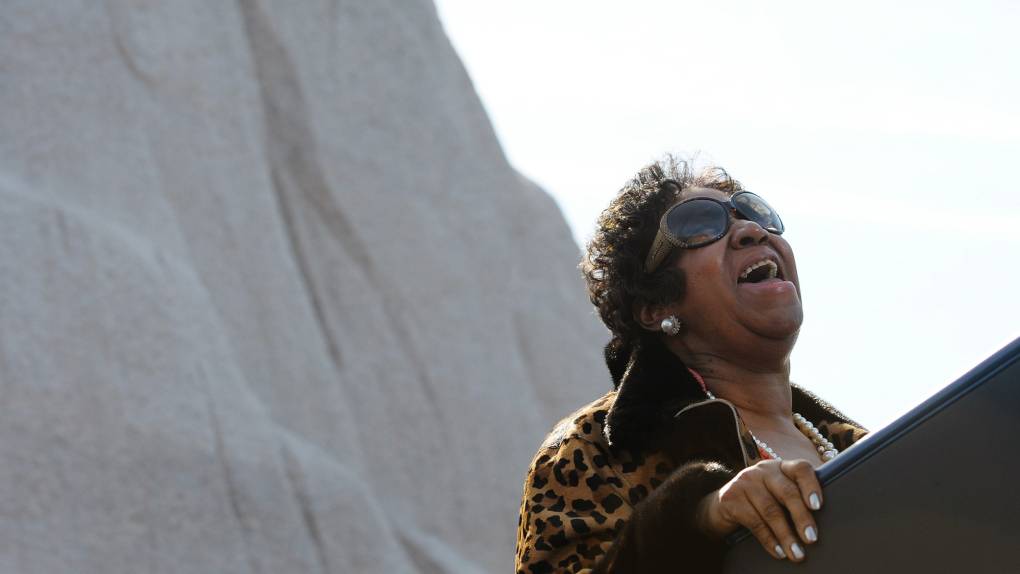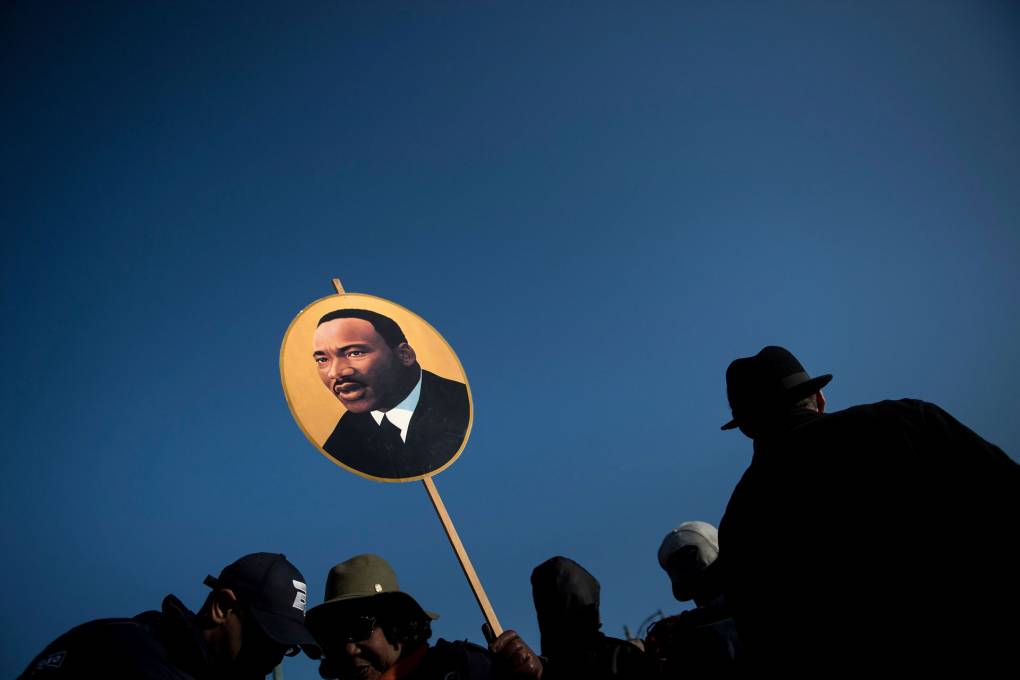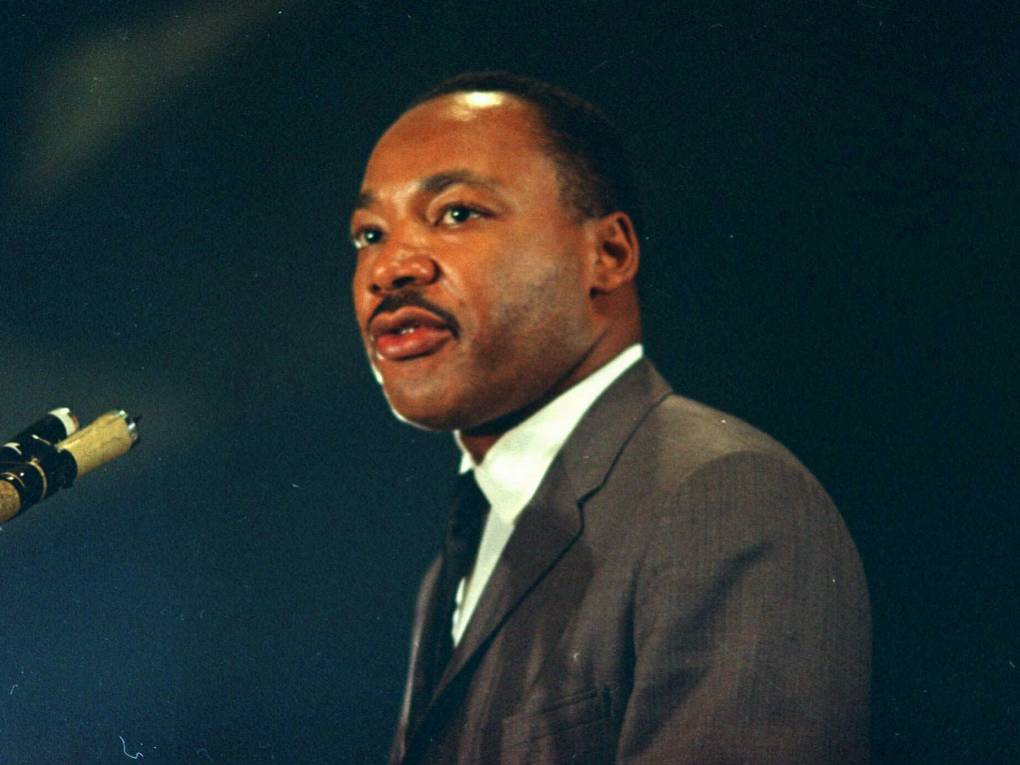“I thought I would not live beyond 40, myself,” Lawson said. “The imminence of death was a part of the discipline we lived with, but no one as much as King.”
Still, Lawson made it his life’s mission to preach the power of nonviolent direct action.
“I’m still anxious and frustrated,” Lawson said as he marked the 50th anniversary of King’s death with a march in Memphis. “The task is unfinished.”
Civil rights activist Diane Nash was a 21-year-old college student when she began attending Lawson’s Nashville workshops, which she called life-changing.
“His passing constitutes a very great loss,” Nash said. “He bears, I think, more responsibility than any other single person for the Civil Rights Movement of Blacks being nonviolent in this country.”
James Morris Lawson Jr., the son and grandson of ministers, was born on Sept. 22, 1928, and grew up in Massillon, Ohio, where he became ordained himself as a high school senior.
He told The Tennessean that his commitment to nonviolence began in elementary school when he told his mother that he had slapped a boy who had used a racial slur against him.
“What good did that do, Jimmy?” he recalls his mother asking.
That simple question forever changed his life, Lawson said. He became a pacifist, refusing to serve when drafted for the Korean War and spending a year in prison as a conscientious objector. The Fellowship of Reconciliation, a pacifist group, sponsored his trip to India after he finished a sociology degree.
Gandhi had been assassinated by then, but Lawson met people who had worked with him and explained Gandhi’s concept of “satyagraha,” a relentless pursuit of truth, which encouraged Indians to peacefully reject British rule. Lawson then saw how the Christian concept of turning the other cheek could be applied in collective actions to challenge morally indefensible laws.
Lawson was a divinity student at Oberlin College in Ohio when King spoke on campus about the Montgomery bus boycott. King told him, “You can’t wait. You need to come on South now,‘” Lawson recalled in an AP interview.
Lawson soon enrolled in theology classes at Vanderbilt University while leading younger activists through mock protests in which they practiced taking insults without reacting.
The technique swiftly proved its power at lunch counters and movie theaters in Nashville, where on May 10, 1960, businesses agreed to take down the “No Colored” signs that enforced white supremacy.
“It was the first major successful campaign to pull the signs down,” and it created a template for the sit-ins that began spreading across the South, Lawson said.
Lawson was called on to organize what became the Student Nonviolent Coordinating Committee, which sought to organize the spontaneous efforts of tens of thousands of students who began challenging Jim Crow laws across the South.
Angry segregationists got Lawson expelled from Vanderbilt, but he said he never harbored hard feelings about the university, where he returned as a distinguished visiting professor in 2006 and eventually donated a significant portion of his papers.
Lawson earned that theology degree at Boston University and became a Methodist pastor in Memphis, where his wife Dorothy Wood Lawson worked as an NAACP organizer. They moved several years later to Los Angeles, where Lawson led the Holman United Methodist Church and taught at California State University, Northridge and UCLA. They raised three sons, John, Morris and Seth.
Lawson remained active into his 90s, urging younger generations to leverage their power.
Civil rights leader Rev. Al Sharpton, founder and president of the National Action Network, called Lawson “the ultimate preacher, prophet, and activist.”
“In his senior years, I was privileged to spend time with him at his church in Los Angeles,” Sharpton said. “He would sit in his office and tell me inside stories of the battles of the 1950s and 1960s that he, Dr. King and others engaged in. Lawson helped to change this nation — thank God the nation never changed him.”
Eulogizing the late civil rights leader and Congressman John Lewis in 2021, Lawson recalled how the young man he trained in Nashville grew lonely marches into multitudes, paving the way for major civil rights legislation.



